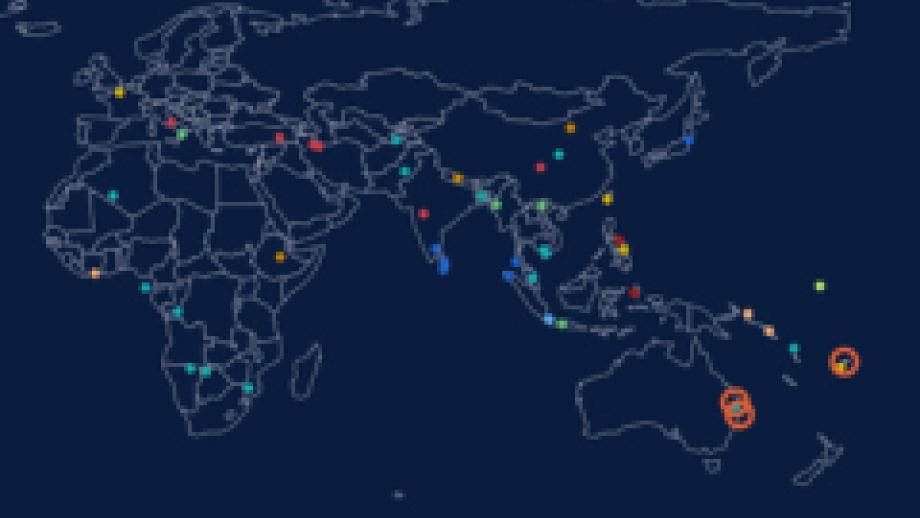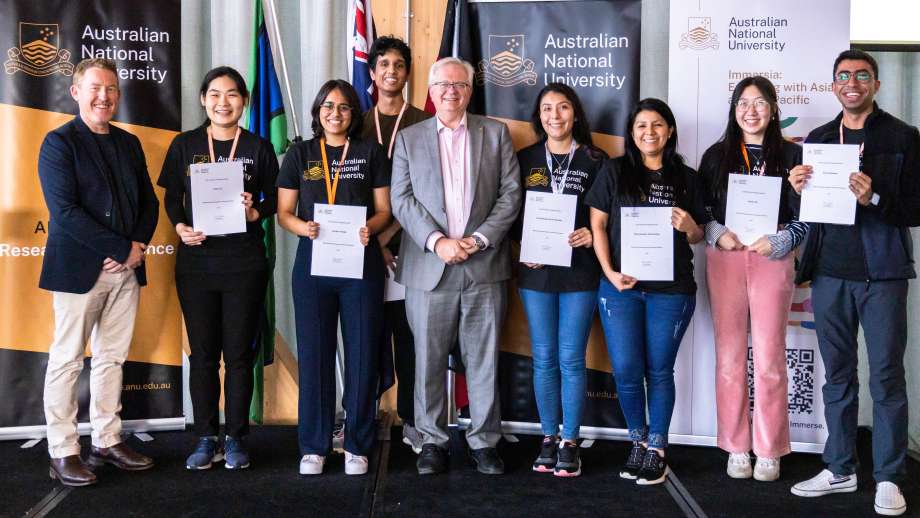The hidden abode of agreements: or how a governance mechanism reproduces extractive capitalism around the world
Presented by ANU College of Asia & the Pacific
This talk considers how agreements between mining companies and communities, an emerging global phenomenon, create the conditions of possibility for capital accumulation.
Benefit sharing agreements between large-scale mining companies and local-level communities are an emerging global phenomenon. In many jurisdictions, these agreements are a regulatory requirement and provide a primary mechanism for governing extractive activities. Scholars have largely paid attention to the politics of agreement negotiations and what makes a good or bad agreement. They are often regarded as a public good: they appear to level the differences between companies and land-connected communities and provide a mechanism to confirm various commitments and rights. But these agreements also create the conditions of possibility for capital accumulation.
The purpose of this talk is to account for the substantial effects benefit sharing agreements have in the world. By treating agreements as ethnographic objects we can begin to understand the work they do and how they do it. This talk serves as a challenge to think about agreements in their ethnographic specificity and as general process and form that facilitates extractive capitalist projects. I’ll show how agreements produce and legitimise a series of effects. Attending to these ‘agreement effects’ provides a methodology for ethnographically analysing the reproduction of extractive capitalism in diverse settings around the world, like Papua New Guinea for example.
About the speaker
Nick Baintonrecently joined RegNet as Associate Professor. As an anthropologist, he has spent the last 20 years leading research on the social and political impacts of resource extraction in the Pacific Islands region and beyond. Nick’s current research is focussed on one of the greatest governance challenges of our time: the impacts of supplying the raw materials needed for global energy transitions under already existing conditions of climate change. His most recent book deals with the persistent absence of the state around extractive projects: The absent presence of the state in large-scale resource extraction projects. In a past life, he spent 7 years working in the mining industry, and this unique insider perspective now informs his critical scholarship.
COVID protocols
The ANU strongly encourages you to keep a mask with you at all times (for use when COVID-19 safe behaviours are not practicable) and to be respectful of colleagues, students and visitors who may wish to continue to wear one. Please continue to practice good hygiene. If you are unwell, please stay home. The ACT government’s COVID Smart behaviours can be accessed here.
This seminar presentation is a dual-delivery event. Registration is only required for Zoom attendance; registration for in-person attendance is not required as neither the ANU nor ACT Health conduct contact tracing any longer.
If you require accessibility accommodations or a visitor Personal Emergency Evacuation Plan please email regnet.communications@anu.edu.au.
Image credit: Image of dark and light skin tone hands in a handshake by vladyslav from Adobe Stock, used under Education License.
Location
8 Fellows Rd, ANU Acton campus
ACT
Acton
2600
Speakers
- Nick Bainton
Contact
- Julia Wee



